A knowledge of different literatures is the best way to free one's self from the tyranny of any of them
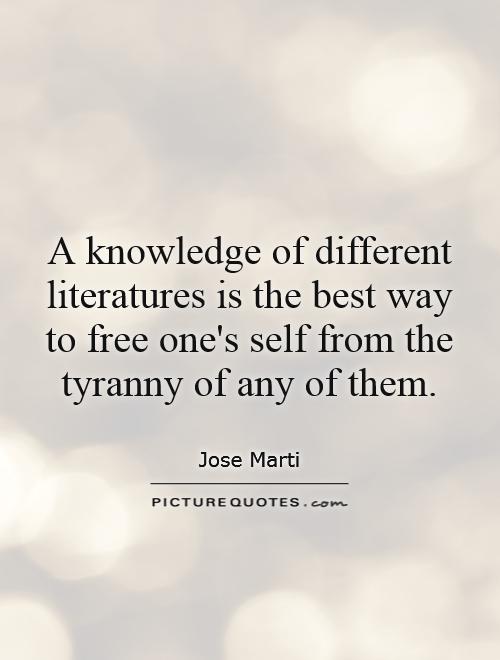
A knowledge of different literatures is the best way to free one's self from the tyranny of any of them
José Martí, a Cuban poet, essayist, journalist, and revolutionary, was a firm believer in the power of literature to liberate the mind and soul. He understood that by immersing oneself in the works of different cultures and languages, one could break free from the constraints of a single literary tradition and gain a broader perspective on the world.Martí's own life and work exemplified this belief in the transformative power of literature. He was a polyglot who was fluent in Spanish, English, French, and Latin, and he drew inspiration from a wide range of literary traditions, including European Romanticism, American Transcendentalism, and Latin American modernism. By engaging with diverse literary influences, Martí was able to develop a unique voice that transcended national boundaries and spoke to the universal human experience.
In his essay "Our America," Martí argued that Latin America should not simply imitate European literary models but should instead draw on its own cultural heritage to create a distinct and authentic literary tradition. He believed that by embracing the richness and diversity of Latin American literature, writers could challenge the dominant narratives of colonialism and imperialism and assert their own cultural identity.
Martí's emphasis on the importance of cultural diversity and cross-cultural exchange resonates with the idea that a knowledge of different literatures is the best way to free oneself from the tyranny of any one literary tradition. By exposing oneself to a variety of voices and perspectives, one can develop a more nuanced understanding of the world and cultivate a sense of empathy and solidarity with people from different backgrounds.
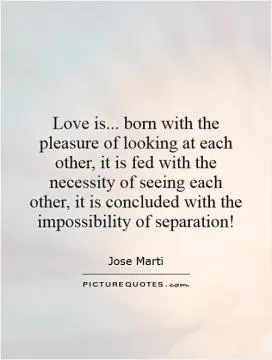
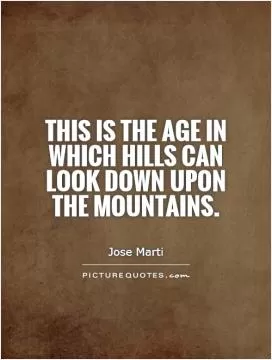

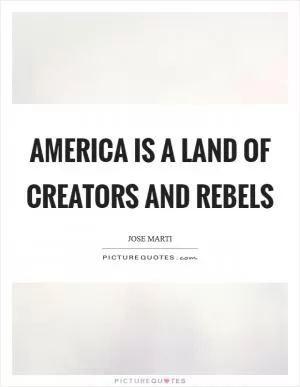
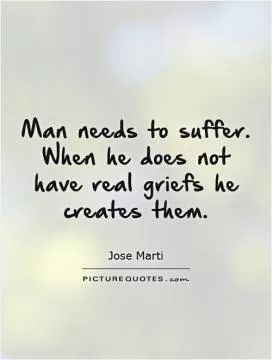
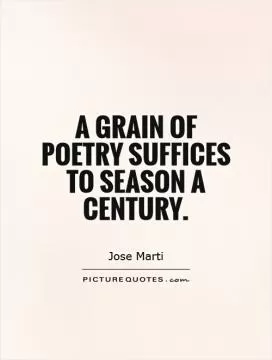



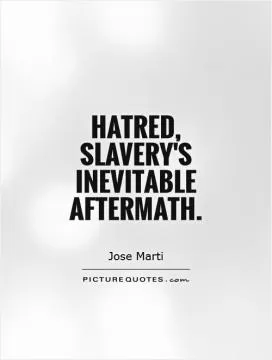
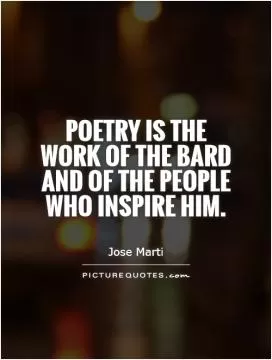
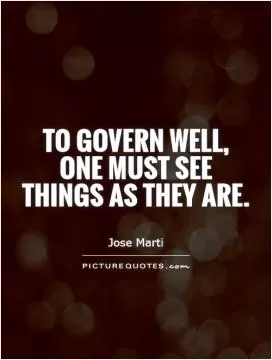
 Friendship Quotes
Friendship Quotes Love Quotes
Love Quotes Life Quotes
Life Quotes Funny Quotes
Funny Quotes Motivational Quotes
Motivational Quotes Inspirational Quotes
Inspirational Quotes